The world semiconductor market in 2012 was $292 billion – down 2.7% from $300 billion in 2011, according to WSTS. The 2012 decline followed a slight gain of 0.4% in 2011. Fourth quarter 2012 was down 0.3% from third quarter. The first quarter of the 2013 will likely show a decline from 4Q 2012 based on typical seasonal patterns and the… Read More
 CEO Interview with Dr. Raj Gautam Dutta of Silicon AssuranceDr. Raj Gautam Dutta is the Co-Founder and…Read More
CEO Interview with Dr. Raj Gautam Dutta of Silicon AssuranceDr. Raj Gautam Dutta is the Co-Founder and…Read More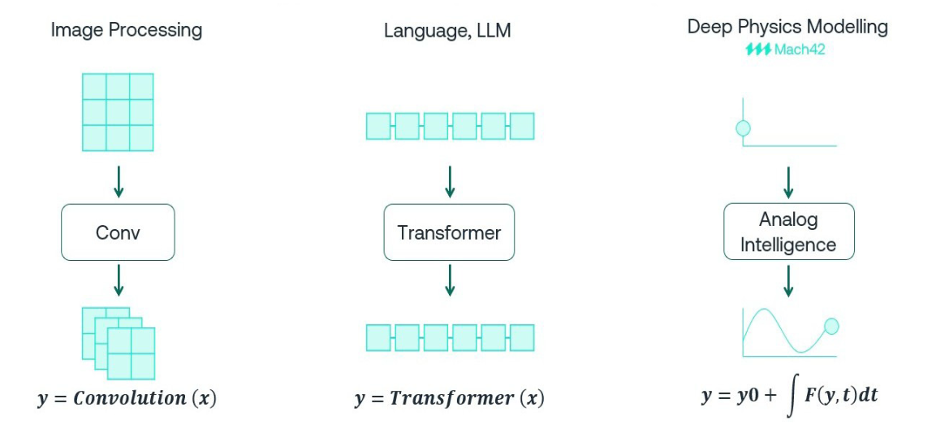 Beyond Transformers. Physics-Centric Machine Learning for AnalogPhysical AI is an emerging hot trend, popularly…Read More
Beyond Transformers. Physics-Centric Machine Learning for AnalogPhysical AI is an emerging hot trend, popularly…Read More 2026 Outlook with Abhijeet Chakraborty VP, R&D Engineering at SynopsysTell us a little bit about yourself and…Read More
2026 Outlook with Abhijeet Chakraborty VP, R&D Engineering at SynopsysTell us a little bit about yourself and…Read MoreRTL Clock Gating Analysis Cuts Power by 20% in AMD Chip!
Approximately 25% of SemiWiki traffic originates from search engines and the key search terms are telling. Since the beginning of SemiWiki, “low power design” has been one of the top searches. This is understandable since the mobile market has been leading us down the path to fame and fortune. Clearly lowering the… Read More
UVM: Lowering the barrier to IP reuse
One of my acquaintances at Intel must have some of the same viewing habits I do, based on a recent Tweet he sent. He was probably watching “The Men Who Built America” on the History Channel and thinking as I have a lot recently about how the captains of industry managed to drive ideas to monopolies in the late 1800s and early 1900s.
… Read MoreDifference
Could “Less than Moore” be better to support Mobile segment explosion?
If you take a look at the explosion of the Mobile segment, linked with the fantastic world-wide adoption of smartphone and media tablet, you clearly see that the SC industry evolution during –at least- the next five years will be intimately correlated with the mobile segments. Not really a surprise, but the question I would like … Read More
Sanjiv Kaul is New CEO of Calypto
Calypto announced that Sanjiv Kaul is the new CEO. I first met Sanjiv many years ago when he was still at Synopsys when I interviewed for a position there around the time I transitioned out of Compass and went back to the parent company VLSI. I forget what the position was. Then about three or four years ago when I did some work for Oasys… Read More
Software Driven Power Analysis
Power is a fundamentally hard problem. When you have finished the design, you have accurate power numbers but can’t do anything about them. At the RTL level you have some power information but it is often too late to make major architectural changes (add an offload audio-processor, for example). Early in the design, making… Read More
Help, my IP has fallen and can’t get up
We’ve been talking about the different technologies for FPGA-based SoC prototyping a lot here in SemiWiki. On the surface, the recent stories all start off pretty much the same: big box, Xilinx Virtex-7, wanna go fast and see more of what’s going on in the design. This is not another one of those stories. I recently sat down with Mick… Read More
A Brief History of ClioSoft
In the 1990s, software developers were established users of software configuration management (SCM) tools such as open source RCS/CVS or of commercial systems such as Clearcase. Hardware designers, however, managed design data in ad hoc home-grown ways. ClioSoft’s founder, Srinath Anantharaman, recognized that hardware… Read More
SemiWiki Hits Major Readership Milestone!
For those of you who follow SemiWiki and the fabless semiconductor ecosystem it has been a very interesting two years:
The Semiconductor Wiki Project, the premier semiconductor collaboration site, is a growing online community of professionals involved with the semiconductor design and manufacturing ecosystem. Since going… Read More
Common Platform Technology Forum February 5th 2013 Live or Online!
Can’t make it to Santa Clara? Join us online!
The detailed 2013 CPTF agenda is now up in preparation for the February 5th event at the Santa Clara Convention Center. This is one of the rare times that you can get a free lunch! Watch this quick video to see what is in store for us this year. Dr. Paul McLellan and I will be there so please… Read More



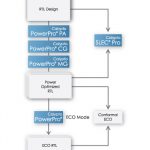
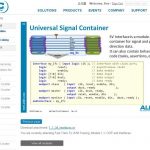


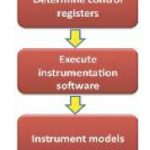
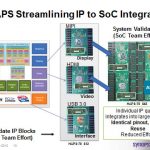



TSMC vs Intel Foundry vs Samsung Foundry 2026